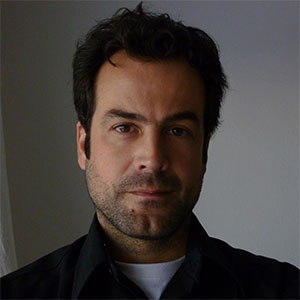“There simply aren’t enough plants, shamans, payés, taitas, padrinhos and mestres in all of the jungle to attend to all the people all over the world who could potentially want to seek healing from ayahuasca, to name just one sacred medicine that is under pressure.”
When Your Friends are the Problem: Plant Medicines, Commercialization, and Biocultural Conservation.
“Our current approach is based on systemic interventions, both inside and out of the countries of origin.”
Transcript Abstract
Currently one of the most significant threats to the survival of traditional plant medicine knowledge comes paradoxically not from its enemies (from climate change to extractive industries), but from its friends, a growing number of people worldwide that want to experience plant medicines, build business, and source new medicines and therapies from them. A huge wave of interest is building, a wave so big it might go beyond what the fragile cultures and ecosystems of origin can sustain. There simply aren’t enough plants, shamans, payés, taitas, padrinhos and mestres in all of the jungle to attend to all the people all over the world who could potentially want to seek healing from ayahuasca, to name just one sacred medicine that is under pressure.
ICEERS has been working for over 10 years on the complexities of the globalization of plant medicines. Our current approach is based on systemic interventions, both inside and out of the countries of origin. This presentation will weave an understanding of the biocultural conservation issues within countries of origin, exploring the pressures placed on traditional communities and movements to ensure consent, access and benefit sharing. But that’s only part of it, what happens when these medicines travel to new places? Solutions are also needed on the demand side. Many people in Global North societies could benefit from the encounter with plant medicines, but how to ensure they have safe and legal access, while also protecting the biocultural sources?
Drawing on examples from ICEERS’s research, community activism, and drug policy work, the complexities, the pressures and the opportunities faced by plant medicines, this talk will provide a provocative insight into where we might be headed. The common thread is that all communities and cultures that engage with these medicines are being impacted by sustainability pressures, the biomedicalization of psychedelics, commercialization, and drug control regimes. Finally, this presentation will explore future thinking, examining a framework of principles that can serve to build bridges towards sustainability, respectful of the rights of people and the rights of nature.

